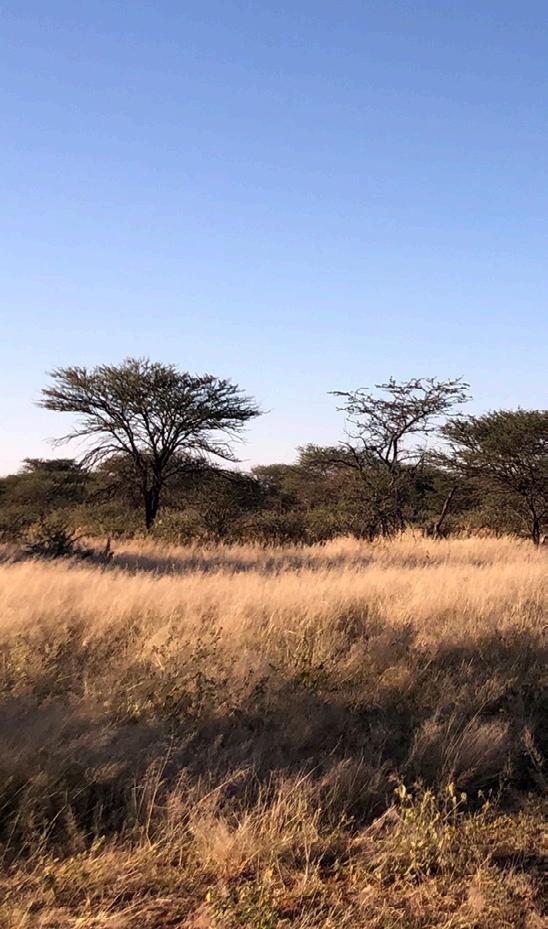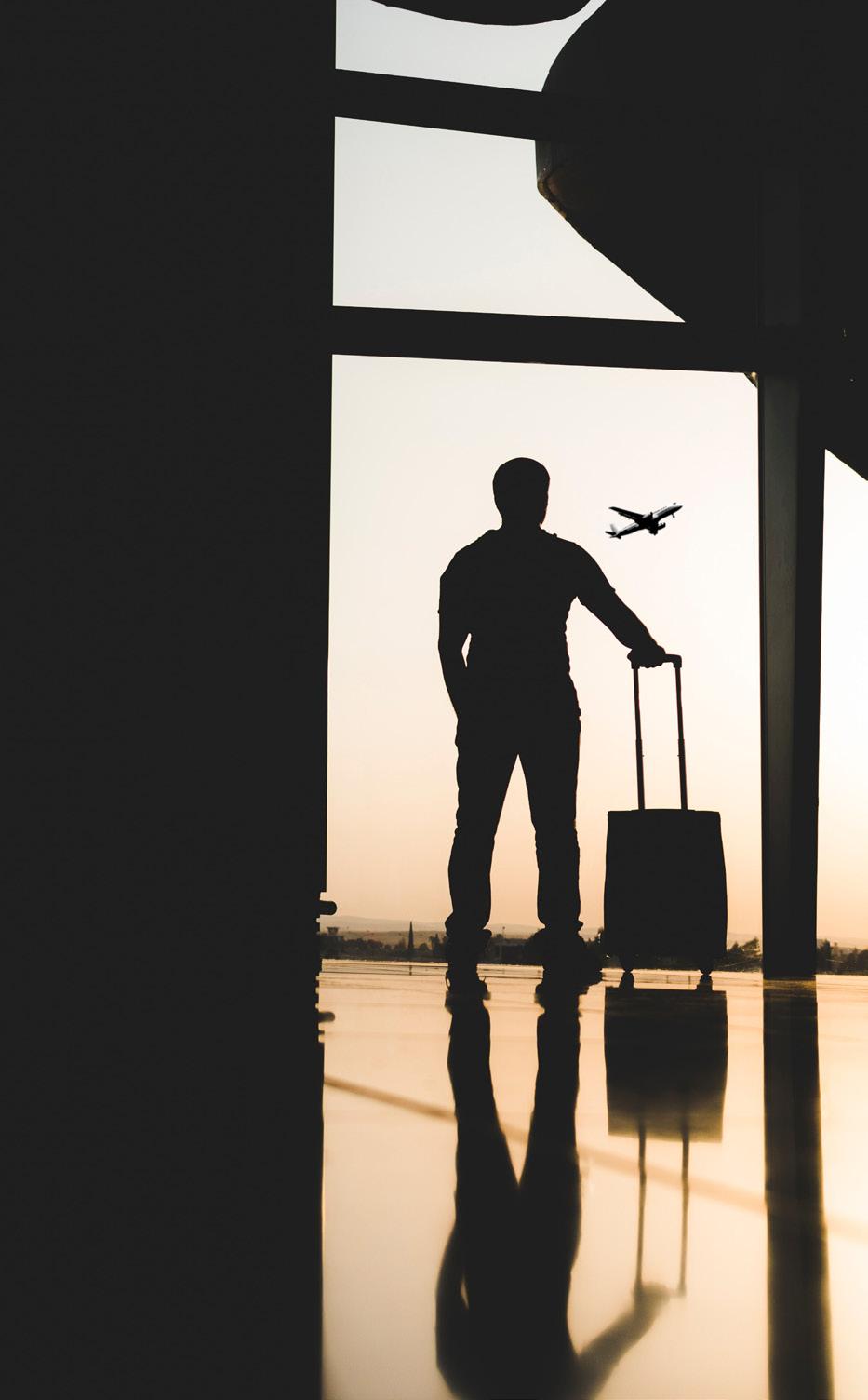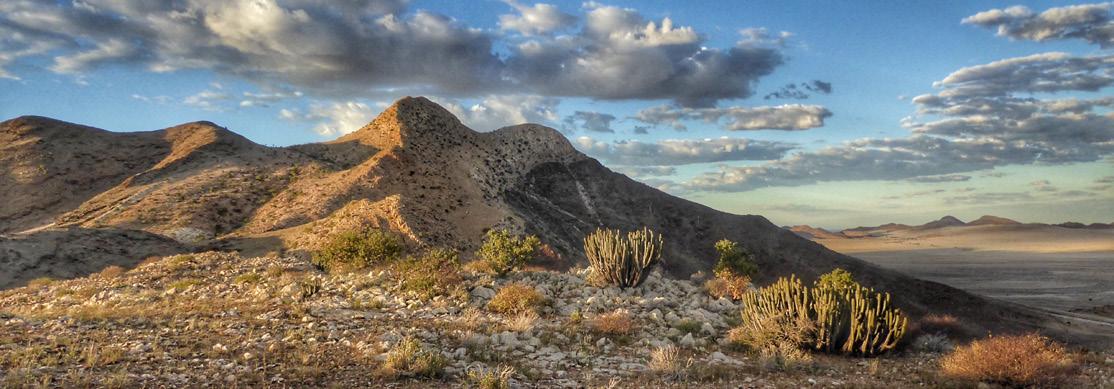
3 minute read
THE ART OF JOURNALING
After what seemed a quieter period of time, when the world went into full or partial lockdowns to manage the burdens of the global coronavirus pandemic, many are now easing their restrictions to ‘catch up’ again. Be warned, however, that without attending to the human process of Being, our anxieties don’t have an outlet.
Society all too often equates action with strength. Feeling and thought thereby become devalued as weakness. Sometimes we shy away from our thoughts and feelings simply because the more one thinks and feels, the more complex the world becomes, and the less clear the course of action is. However, it is that voice of imagination, of questioning why things are constructed as they are, that has brought us to where we are today in our contemporary culture.
Throughout the history of mankind we encounter beliefs which at their respective time seemed ‘normal’. It took individuals and societies to question those positions, to see their injustice and expose their lack of value. Imagine that once upona time child labour laws were opposed, and people fought to have their ‘right’ acknowledged, the right to make children work for a pittance in deplorable conditions. This was still considered ‘normal’ in the early 20 th century. It is a lack of imagination, dreams, art, passion, thought and reason that drives mindless action and condones the consequences.
Every time we question something, we challenge the objector inside ourselves, and in our societies. Contemplation is one of the ways which has advanced our species.
We miss the mark every time we say things like “I just have to…” (fill in the blank). Whether we think we just have to be more organised, or not let things bother us, or be more assertive, or any of the many things we would like to correct about ourselves, we completely miss the starting point to real change. The clue lies in the use of the word ‘just’ as it implies that all we need is action, and forgets that there are always underlying factors which drive our perceived negative behaviours and habits. To be able to improve certain areas in our lives, we need more than just action, we need reflection and to take stock of ourselves. Taking stock of our thoughts and feelings is what helps us to understand ourselves and to change behaviour.
One-dimensional views demand certainty. To be open to the human experience is to exist in the full spectrum of Being. It is also no wonder, as we march forward under the pressure to act, that we are a generation desperate for someone to hear us.
This is where we come to an often overlooked tool. This tool is easy and accessible, and to master it you need nothing but your own ability to be self-aware. There is no right or wrong way to do it, and no special skills are needed. It is the age-old art of journaling. With the entire point being a desire to learn about ourselves, journaling is a chance to be reflective and delve deeper into our own thoughts. Through journaling we take the noise out of our heads, and commit our personal truths to paper.
When we become able to see our thoughts and feelings behind situations for ourselves, and the layers that lie below, we are able to see what is truly holding us back. With this clarity we can take right and true action in our lives. Actions not driven by societal expectations or by wrong beliefs, but by our own truth. As James Pennebaker, a psychologist at the University of Texas, says, “By writing, you put some structure and organisation to those anxious feelings. It helps you to get past them.”
As an added benefit, studies conducted by Pennebaker and others found that writing our thoughts and feelings down (journaling) is also good for the immune system.
So before racing into a perceived need to ‘catch up’ after the quieter lockdown period, remember to take some time out for yourself. As much as we are social beings, we also need alone time to reflect and recharge. Quiet solitude brings insights that enable us to take supportive action.
Kirsty Watermeyer Kirsty is a Yoga and Meditation Coach, a Transformation Facilitator and Writer. Contact her at kirsty@seednamibia.com










